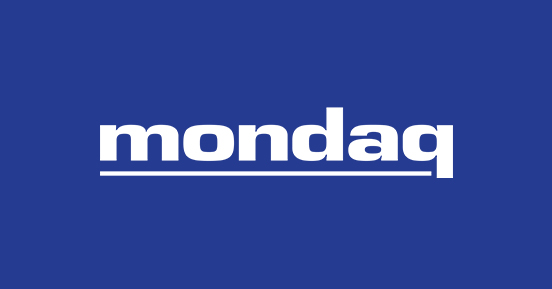You may already have started to consider how best to protect your IP rights in new digital worlds and on blockchain technologies. But did you know that the emergence of NFTs, the blockchain, metaverses and Web 3.0 also has implications for your domain name strategy? In our latest factsheet, we discuss NFT domains and offer strategies for success.
NFT domains enable owners to use a registered name as a username in games or as addresses for websites hosted on a blockchain.While Non-fungible tokens (NFTs) provide proof ownership of a unique asset (e.g. a digital picture, music file, gif or video clip), NFT domains have the same basic function as normal domain names, translating long strings on the blockchain into short, easy and memorable addresses and means of identification.
For example, they can be used as a substitute for a complex crypto wallet address (e.g. BrandName.wallet) or for your identity in Web 3.0 (e.g. John Doe.nft). For this reason, NFT domains are also known as 'crypto domains', 'blockchain domains', 'decentralised domains' and 'Web 3.0 domains'.
In our latest factsheet, we provide a helpful 'need-to-know' overview of NFT domains and their implications for IP rights holders, and offer advice on how best to protect your IP rights in Web 3.0.
Download the factsheet below to learn:
The content of this article is intended to provide a general guide to the subject matter. Specialist advice should be sought about your specific circumstances.
© Mondaq® Ltd 1994 – 2023. All Rights Reserved.
Forgot your password?
Free, unlimited access to more than half a million articles (one-article limit removed) from the diverse perspectives of 5,000 leading law, accountancy and advisory firms
Articles tailored to your interests and optional alerts about important changes
Receive priority invitations to relevant webinars and events
You’ll only need to do it once, and readership information is just for authors and is never sold to third parties.
We need this to enable us to match you with other users from the same organisation. It is also part of the information that we share to our content providers (“Contributors”) who contribute Content for free for your use.
Mondaq uses cookies on this website. By using our website you agree to our use of cookies as set out in our Privacy Policy.

